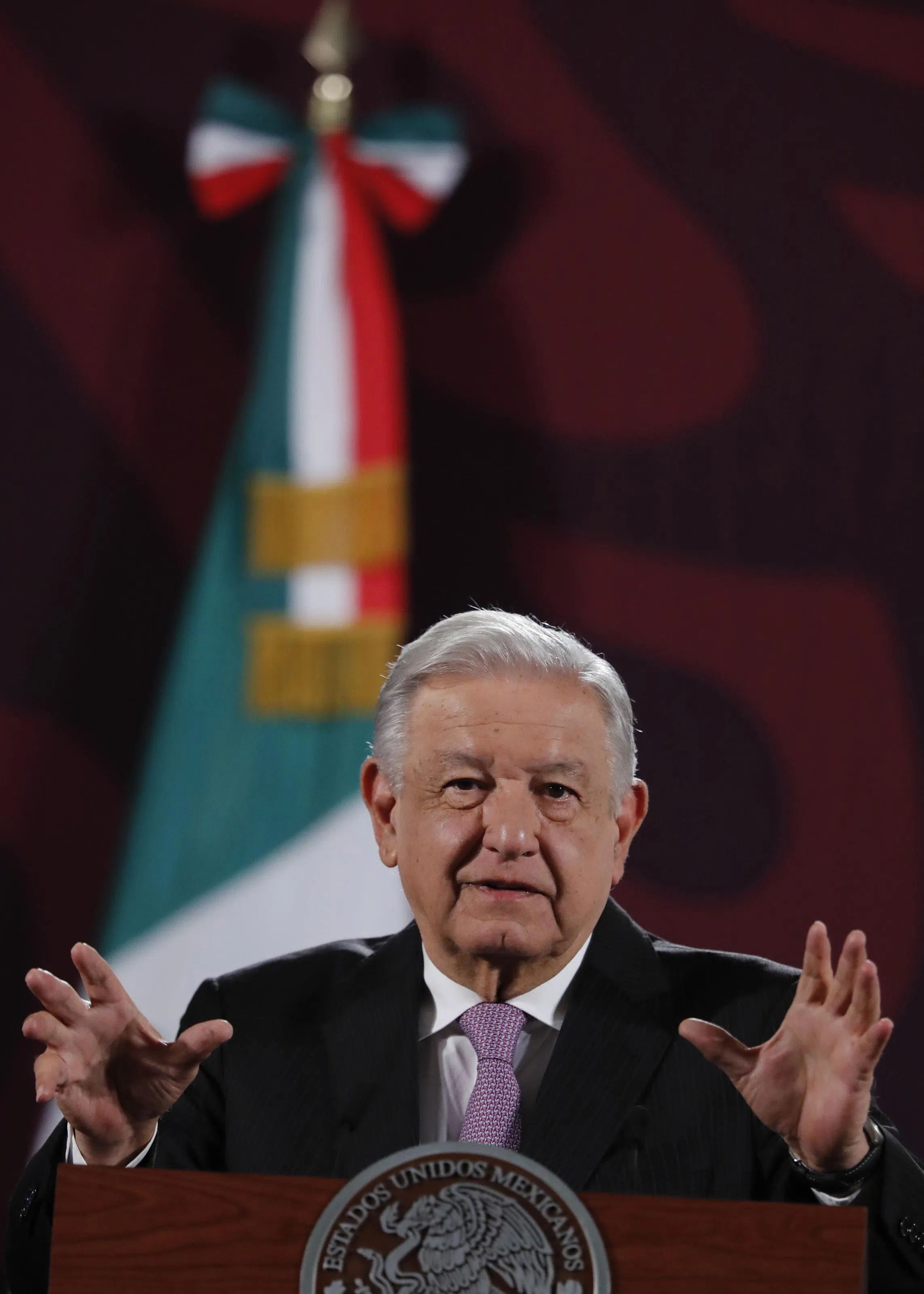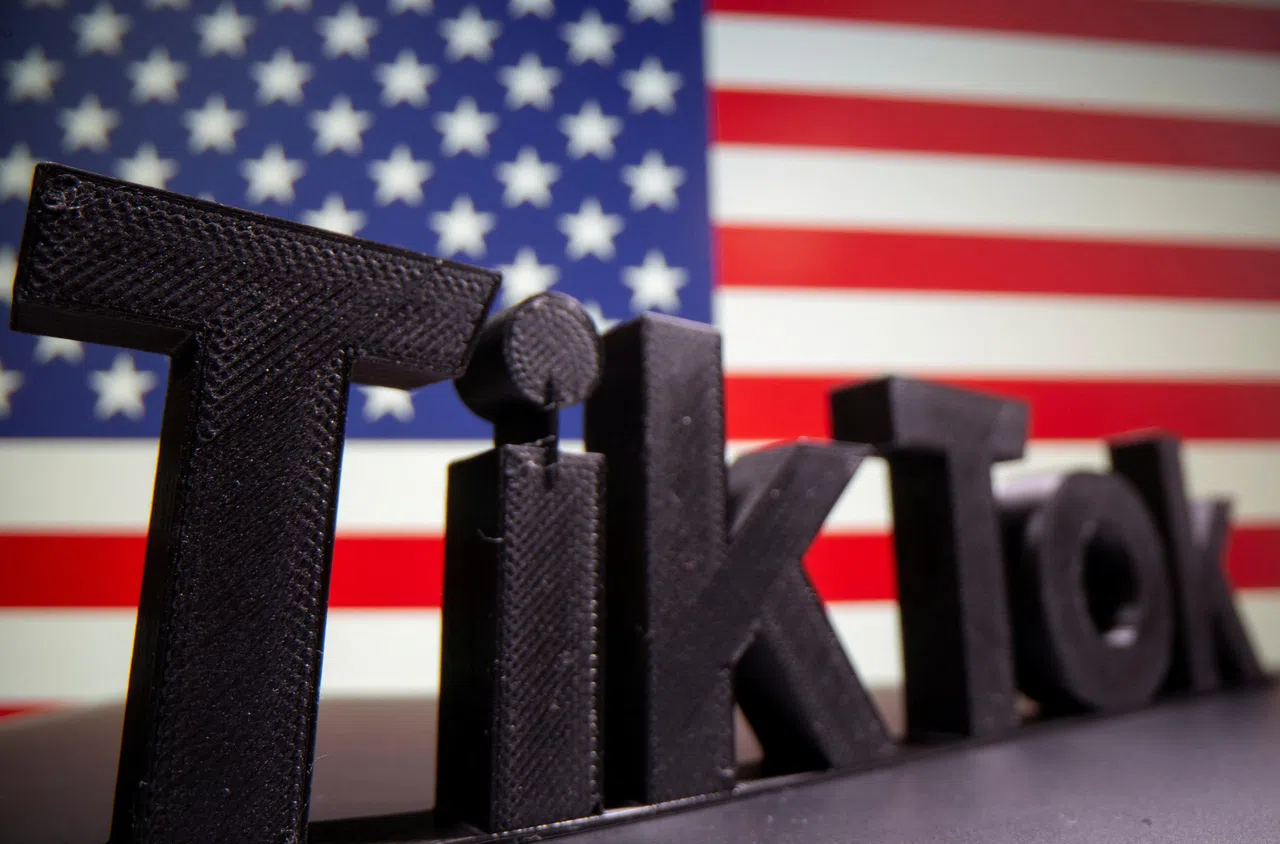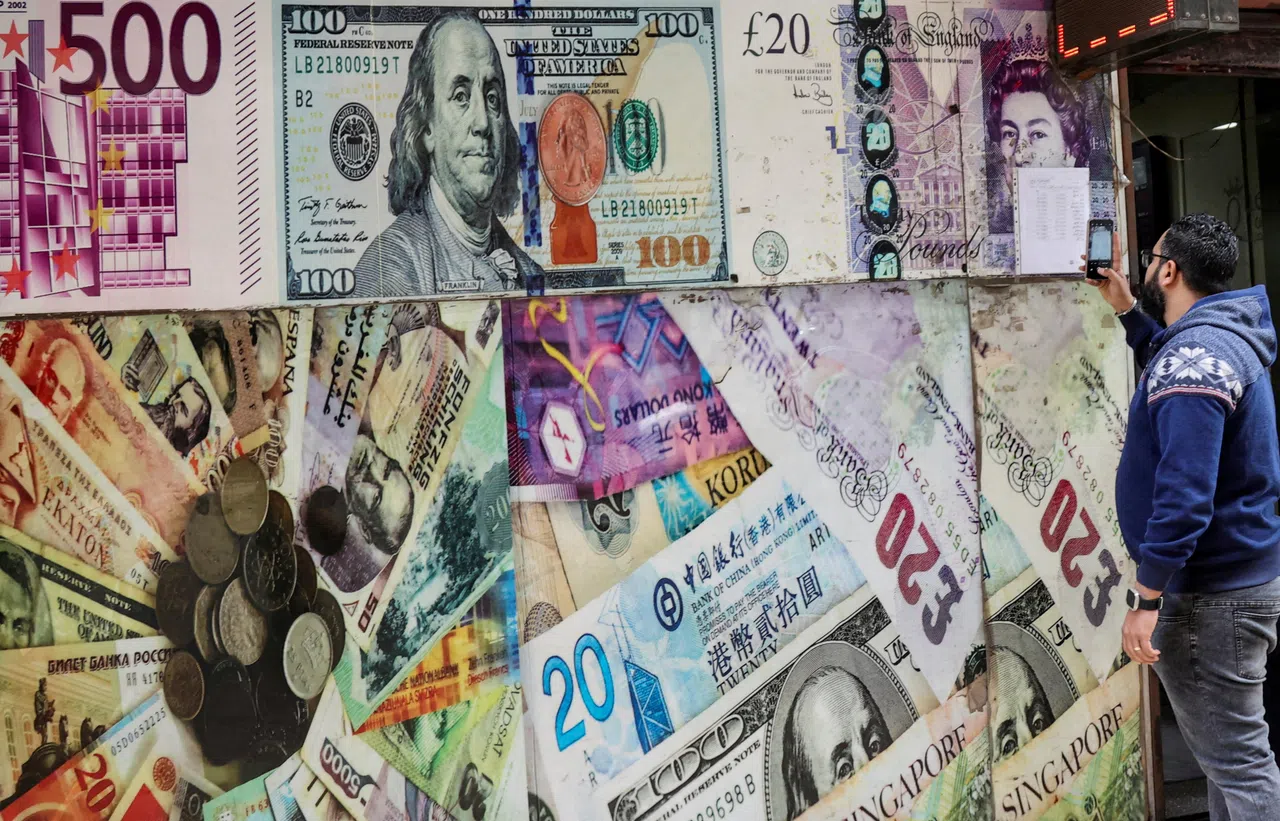The Mexican peso is wrapping up the worst week in four years as a surprise election outcome sent traders rushing to unwind one of the most crowded positions in global currency markets.
The peso tumbled more than 7.5 per cent after the Morena ruling party’s unexpected landslide win in congressional races stoked fears that lawmakers could pass reforms that will erode checks on power and increase interference in the economy. In just one week, it went from being one of this year’s top performing currencies to become one of the worst.
“The rubber band that strengthened the peso has snapped,” said Gabriela Siller, an economist at Mexican bank Grupo Financiero Base. “These reforms are going to deteriorate the business climate in Mexico.”
Market jitters around the reforms – which include replacing the current Supreme Court with elected justices and eliminating independent regulators – were in full display on Thursday (Jun 6), when the leader of the ruling party in the lower house said lawmakers will begin moving forward on the bills in September, even before president-elect Claudia Sheinbaum takes power. The comments, which he later walked back, sent the peso plummeting almost 3 per cent in minutes.
On Friday, President Andres Manuel Lopez Obrador added to the volatility, reiterating the judicial reform was needed due to corruption in the courts. His comments sent the peso down more than 2 per cent to lead global losses. When asked about the currency plunge, Lopez Obrador replied that “justice is above markets”, adding that Mexico requires changes.
The comments sent ripples across Mexican assets. The 10-year interest rate swap spiked, the country’s benchmark stock index sank 2.7 per cent and dollar bonds were among the worst performers in emerging markets (EMs). The cost to hedge against a Mexican default rose around 14 basis points, the most since September.
GET BT IN YOUR INBOX DAILY
Start and end each day with the latest news stories and analyses delivered straight to your inbox.
‘Quite negative’
Gabriel Casillas, Barclays chief economist for Latin America, forecast the commitment to judicial reform would drive significant continued volatility in the peso and could even trigger credit rating actions if approved.
“Potential judiciary reform is a quite negative development for financial markets in Mexico,” Casillas said in a note where he ruled out the central bank would continue to cut interest rates this year.
The newfound volatility is eroding into the calm that helped make the peso a top choice for carry trades, where investors borrow in lower interest rate currencies to buy higher yielding assets. Relatively stable politics, high rates and proximity to the US made Mexico a sure bet, with the so-called “super peso” repeatedly defying predictions it would weaken.
Extreme swings are leading traders to rush for the shortest maturing options. One-week implied volatility for the peso soared beyond 30 per cent, highest in more than four years.
The sharp moves reflect just how crowded the bet on peso appreciation had become. Up until a week ago, asset managers kept piling in, pushing net-long contracts on the currency near the highest since 2022, according to data from the Commodities and Futures Trade Commission through May 28. Before the vote, Bank of America strategists called positioning “literally the highest ever”.
In the week through June 4, asset managers cut bullish peso bets by the most since April, CFTC data released on Friday showed. Their long peso wagers are now at the lowest since December.
While the market expected Sheinbaum to win, few foresaw that the ruling party coalition would make such a strong showing in congress, where it won a two-thirds majority in the lower house and was close to the same supermajority in the senate. That unexpected result acted as a spark to detonate stop losses among the huge amount of bets on peso gains.
Investor call
The market’s reaction also seemed to surprise Sheinbaum and the country’s finance ministry. When Lopez Obrador won in 2018, his team organised a call with investors the Monday morning following his victory.
Sheinbaum’s campaign seemed to have no such plan in place as the peso sank overnight, adding to losses during New York trading hours. In a bid to calm markets, the president-elect announced on Monday night that current Finance Minister Rogelio Ramirez de la O would stay on. An invitation for a call on Tuesday morning was sent to investors.
But the call was plagued by technical difficulties after hordes of investors overwhelmed the system. After waiting some 45 minutes to connect, Ramirez’s message – reaffirming the new government’s commitment to macroeconomic stability – lasted just a couple minutes and ended without addressing investors’ concerns about the legislative agenda.
“They hadn’t prepared, and I think that was an error,” said Rodolfo Navarrete, head of analysis at Mexican brokerage Vector Casa de Bolsa.
Oversold?
Still, Navarrete said the peso is poised to recover even amid higher volatility ahead coming not just from the new government, but also elections in the US. Strategists at JPMorgan Chase & Co also reaffirmed their optimism with the peso, which is in the middle of a “structural transformation” underpinned by factors that will make it more stable and “one of the most attractive EM currencies to own over the medium term.”
The steep selloff over the week has cleaned up some of the positioning risk that made the peso vulnerable to sharp moves on unexpected news, said Christine Reed, a portfolio manager at Ninety One. However, she says, it “wasn’t enough to offset for the increased risks of Morena having the supermajority”.
Late on Thursday, Sheinbaum said there would be dialogue over the proposed reforms. But such a strong mandate gives the party room to embrace more radical plans that have been backed by Morena lawmakers in the past, like limiting bank fees.
“This opens is a lot of questions that had not been asked in a long time” about where Lopez Obrador’s Morena wants to take Mexico, said Eric Fine, a portfolio manager at Van Eck Associates in New York, who has been underweight on Mexico. “What do they really stand for, and what are they doing and what would they do without restraints?” BLOOMBERG






